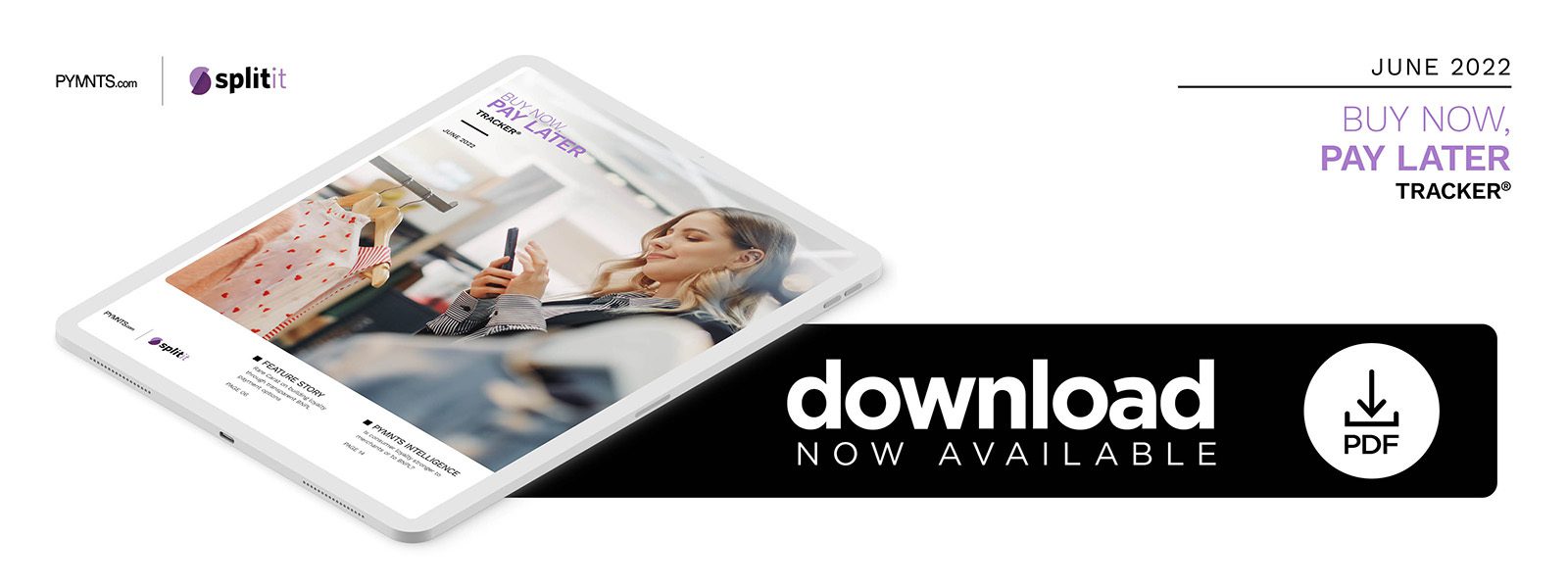Rare Carat on Building Loyalty Through Transparent BNPL Payment Options

Rare Carat’s Apeksha Kothari explains how transparent BNPL options are helping merchants gain and retain new and repeat customers for the long haul in PYMNTS’ “Buy Now, Pay Later Tracker.”
For many people, buying an expensive piece of jewelry, such as an engagement ring, is based as much on affordability as it is on sentiment.
A lack of transparency around what they will pay and the thought of accruing interest can hinder completing this purchase altogether. This is why offering consumers payment options that allow them to avoid interest while making payments in installments can be the win-win solution that both merchants and buyers are looking for. Rare Carat, an online jewelry marketplace based in New York City and Southfield, Mich., saw an opportunity and began offering buyers the option to pay using buy now, pay later (BNPL) solutions, including Splitit.
“The big plus here is [that] the customer can pay in installments and we, the merchant, get paid upfront,” Apeksha Kothari, chief operating officer at Rare Carat, told PYMNTS in a recent interview.
How BNPL Impacts Business
Kothari explained that although BNPL does create higher processing costs for Rare Carat, the tradeoff is worth it because it attracts customers who might not otherwise make the purchase.
“There are two lenses through which we see it. One is, does buy now, pay later get us customers we would not have gotten otherwise? Is it worth the incremental customer to us? The second consideration is, do we see higher customer satisfaction? Because [that’s] also worth it from the brand perspective for us,” she said.
The greatest debate around the first question is whether BNPL cannibalizes customers who would have bought from the company anyway and paid the full price without an installment loan, thereby allowing the merchant to avoid paying the BNPL transaction fee.
“It does look like we do have many customers who did not necessarily need BNPL to convert but still end up opting for it,” Kothari observed.
For merchants considering BNPL implementation that have similar concerns, she suggests doing A/B testing with the support of their technology teams to learn how such programs impact value per buyer.
“We have [BNPL] because on the whole, we do believe it is necessary for a set of customers who would not have purchased otherwise,” Kothari said.
She also points out that the BNPL option is particularly appealing for engagement-ring buyers.
“It is an urgent purchase. It’s not the kind of thing that somebody’s willing to put off for six months or a year,” Kothari explained.
Additionally, an engagement ring is often young consumers’ first big-ticket purchase. Rare Carat sees many buyers who have not previously purchased a new car, an expensive investment or a home, she said. However, customers often consider paying in full upfront when purchasing other kinds of jewelry.
“If it’s a purchase that is not as time-sensitive, I do think you have the luxury of thinking, ‘OK, I can wait and I can save a little bit, and then I can come [back] six months later and buy this,’” Kothari added.
Building Loyalty Through Transparency
Rare Carat highly values transparency around factors such as interest rates, and Kothari believes awareness and openness about this leads to customer loyalty.
“I [don’t think it’s possible to] overemphasize the need for complete transparency with interest rates. [A lack of it is] the kind of thing that can easily backfire and reflect badly on your own brand,” she said. When consumers feel they can trust their merchants and know what they will pay upfront with no surprises, the results are strongly in those merchants’ favor, Kothari said. While it is unusual for Rare Carat’s customers to purchase two engagement rings, the company does get repeat customers who buy gifts for anniversaries, birthdays and other special occasions. Additionally, Rare Carat frequently uses word-of-mouth recommendations to reach future customers, she noted.
Through a combined emphasis on customer satisfaction and dedication to transparency in offering various payment options, Rare Carat has developed a loyal base of customers who not only return but also recommend the brand to family and friends.
“We take our brand reputation really seriously, and we take customer satisfaction very seriously because we do rely a lot on word of mouth, [as] it’s a highly researched item. We have a lot of friends and family influencing this decision,” Kothari said.
